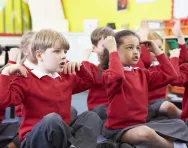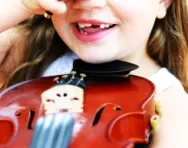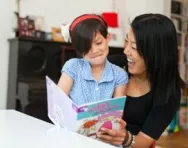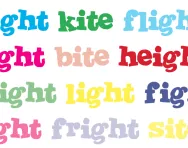Important update from TheSchoolRun
For the past 13 years, TheSchoolRun has been run by a small team of mums working from home, dedicated to providing quality educational resources to primary school parents. Unfortunately, rising supplier costs and falling revenue have made it impossible for us to continue operating, and we’ve had to make the difficult decision to close. The good news: We’ve arranged for another educational provider to take over many of our resources. These will be hosted on a new portal, where the content will be updated and expanded to support your child’s learning.
What this means for subscribers:
- Your subscription is still active, and for now, you can keep using the website as normal — just log in with your usual details to access all our articles and resources*.
- In a few months, all resources will move to the new portal. You’ll continue to have access there until your subscription ends. We’ll send you full details nearer the time.
- As a thank you for your support, we’ll also be sending you 16 primary school eBooks (worth £108.84) to download and keep.
A few changes to be aware of:
- The Learning Journey weekly email has ended, but your child’s plan will still be updated on your dashboard each Monday. Just log in to see the recommended worksheets.
- The 11+ weekly emails have now ended. We sent you all the remaining emails in the series at the end of March — please check your inbox (and spam folder) if you haven’t seen them. You can also follow the full programme here: 11+ Learning Journey.
If you have any questions, please contact us at [email protected]. Thank you for being part of our journey it’s been a privilege to support your family’s learning.
*If you need to reset your password, it will still work as usual. Please check your spam folder if the reset email doesn’t appear in your inbox.
How singing can support children’s learning

One way or another, children are exposed to and involved with singing from their earliest years. Whether it’s a parent singing them to sleep, or the opening theme song from their favourite TV programme, singing plays an important part in a child’s development.
The educational value of singing
Singing encourages a child to express their emotions and sharpens their ability to communicate while exercising lip and tongue movement. But one of the biggest benefits of singing is the repeated use of the ‘memory muscle’.
Learning a piece of information attached to a tune embeds that information more rapidly in a child’s mind. The majority of children learn the alphabet not by simply saying the letters but singing them.
As children get older the power of singing in their lives can still be extremely beneficial. Matthew Freeman, development manager of ‘Sing up’, a national singing project to help enhance music in children’s education, has found that singing can be a great teaching tool for children. It can be used as a creative and fun way to increase enjoyment and achievement in subject areas where children normally struggle.
“Many children do not think of singing as ‘work’ and willingly participate in sessions,” he says, “Singing can be used as a tool to increase enjoyment and participation in a number of different subjects. A skilled singing tutor can cover subjects as diverse as English, numeracy, science, languages, and culture to name but a few.”
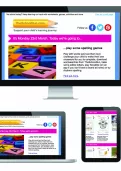

Boost Your Child's Learning Today!
- Start your child on a tailored learning programme
- Get weekly English & maths resources sent direct to your inbox
- Keep your child's learning on track
Singing together
Singing is, of course, not something that has to be done alone. Learning to work together in a group or choir can give children a sense of collectiveness and can help children make friends.
Tips to get your child singing
- Use singing resources, such as books and CDs with activities, to make children associate singing with fun games
- Look out for singing classes or encourage your child to participate in the school choir and other singing groups in your area
- Try singing a bedtime story and encourage them to join in with you
- Make up songs to help children learn spellings they find difficult to remember
- Encourage children to sing around the house or sing along to the radio in the car on the way to school
